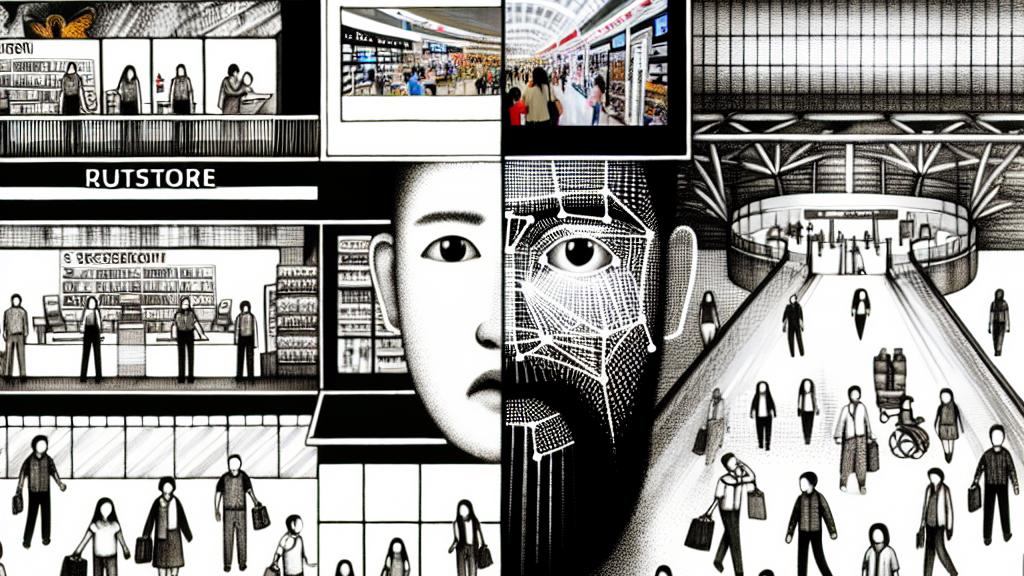Public Acceptance of Facial Recognition Technology: Factors and Concerns
Overview
- Acceptance globally varies widely based on context, use, and familiarity.
- Trust is notably higher in personal technology compared to governmental or business use.
- Intensifying privacy concerns prompt calls for ethical practices and accountability.

Context Matters
The acceptance of facial recognition technology is anything but uniform; rather, it fluctuates dramatically depending on context and applications. Take New Zealand, for example, where the Foodstuff North Island retail chain has faced public outcry during its trials of live facial recognition. This scrutiny reveals deep anxieties about surveillance and privacy. In stark contrast, people are generally more comfortable with facial recognition at airports, viewing it as a necessary security measure that keeps them safe while traveling. This juxtaposition illustrates a crucial point: the setting heavily influences public attitudes. For instance, research from the United States, the United Kingdom, and Australia shows that familiarity with the specific use of technology significantly boosts acceptance. When people feel informed about how and why facial recognition is used, they are notably more likely to support its implementation.
Trust in Personal Use
Interestingly, individuals tend to express a higher level of trust in facial recognition technology when it is embedded within their personal devices, such as smartphones. According to a 2024 survey, an astounding 68.8% of Australians felt comfortable using facial recognition to unlock their phones. This phenomenon can be attributed to a strong sense of personal control; users operate the technology themselves, leading them to believe they are managing their data effectively. What’s fascinating is how this contrasts sharply with the widespread skepticism surrounding governmental and corporate uses of facial recognition technology. Citizens often harbor doubts about the intentions behind such applications, questioning whether their privacy is truly being safeguarded. Understanding this dynamic of trust is vital as it shapes the landscape of public acceptance and indicates how effectively these technologies can integrate into society.
Privacy Concerns and Business Practices
As we delve into the realm of private sector applications, the public's apprehension regarding facial recognition technology grows. A New Zealand privacy survey revealed that nearly half of respondents were extremely concerned about its use in retail environments. This widespread unease stems from fears that businesses may exploit personal data rather than protect consumer interests. While some acknowledge the technology’s potential in combating theft and fraud, many individuals draw the line at its use in loyalty programs or intrusive customer tracking practices. This complex and often contentious relationship underscores the pressing need for companies to secure a 'social license'—an implicit agreement that signifies public trust and acceptance. To forge this trust, businesses must emphasize transparency, ethical accountability, and respect for individual privacy rights. Only then can they reconcile innovation with societal expectations, ensuring that facial recognition technology contributes positively to the community while safeguarding personal liberties.

Loading...